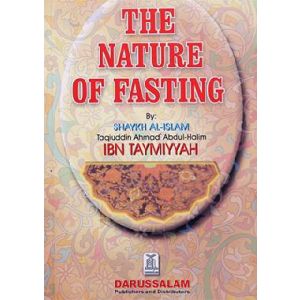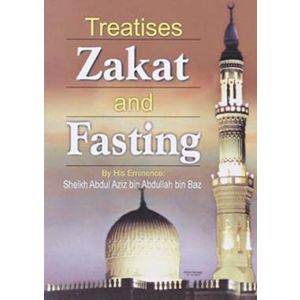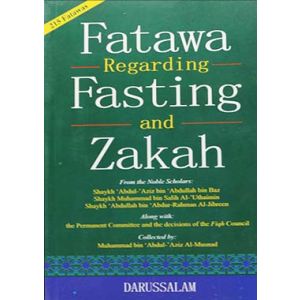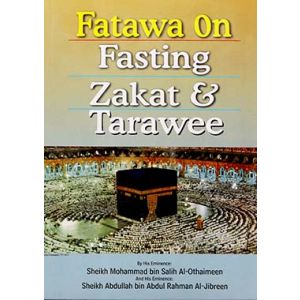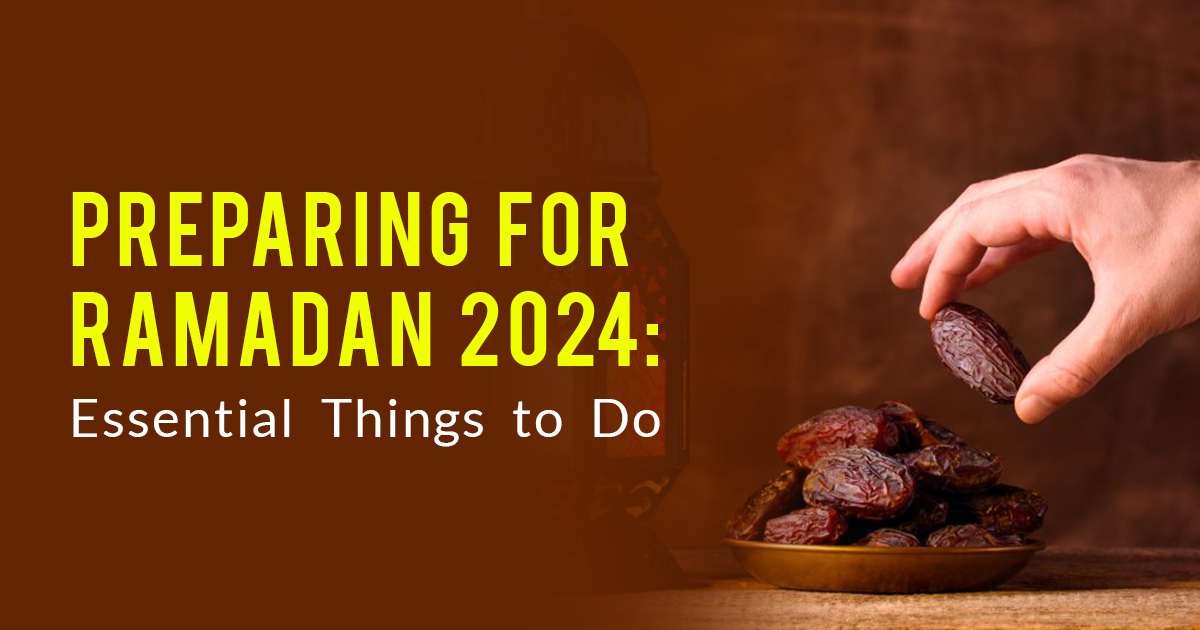We use cookies to make your experience better. To comply with the new e-Privacy directive, we need to ask for your consent to set the cookies. Learn more.
Who Qualifies for Fidya?

Who Qualifies for Fidya?
In the Islamic tradition, fidya serves as a form of atonement for certain missed obligations or acts of penance. However, understanding who qualifies for fidya and how to calculate it can be a complex matter. In this comprehensive guide, we'll delve into the intricacies of fidya, exploring its significance, eligibility criteria, calculation methods, and common questions surrounding this religious practice.
Introduction to Fidya:
Fidya, derived from the Arabic root word "f-d-y," refers to the compensation or ransom paid by individuals who are unable to fulfill specific religious duties due to valid reasons. It serves as a means of making amends for missed obligations, such as fasting during Ramadan or performing Hajj pilgrimage, among others.
Significance of Fidya:
Fidya holds significant importance in Islamic jurisprudence as it allows individuals to fulfill their religious obligations despite facing unavoidable circumstances. It embodies the principle of mercy and flexibility within Islamic teachings, accommodating individuals who are unable to observe certain practices due to health issues, old age, pregnancy, or other valid reasons.
Who Qualifies for Fidya?
In Islamic tradition, fidya serves as a means of compensating for missed fasts during Ramadan due to valid reasons such as illness or travel. Understanding who qualifies for fidya is crucial to ensure compliance with religious obligations. Here are the criteria individuals must meet to be eligible for fidya:
1. Illness or Health Condition: Those who are genuinely ill or have health conditions that prevent them from fasting are eligible for fidya. This includes chronic illnesses, temporary ailments, or conditions that pose a risk to one's health if fasting is observed.
2. Elderly Individuals: Elderly individuals who are physically unable to fast due to age-related frailty or weakness qualify for fidya. Islam acknowledges the limitations that come with aging and offers fidya as a solution for those unable to fast.
3. Pregnant or Nursing Women: Pregnant or nursing women who fear for their health or the health of their unborn child or infant if they fast are eligible for fidya. Islam prioritizes the well-being of both the mother and the child, allowing for exemptions in such cases.
4. Travelers: Travelers who undertake journeys that make fasting excessively burdensome or detrimental to their health are eligible for fidya. Islam recognizes the challenges of fasting while traveling and provides exemptions to ensure the safety and well-being of individuals on their journeys.
5. Those Undergoing Menstruation or Postnatal Bleeding: Women experiencing menstruation or postnatal bleeding are exempt from fasting during these periods. However, they are required to make up for the missed fasts later or provide fidya if they are unable to fast due to ongoing health concerns.
6. Individuals with Disabilities: Individuals with physical or mental disabilities that prevent them from fasting are eligible for fidya. Islam accommodates the needs of individuals with disabilities, ensuring that they can fulfill their religious obligations in a manner suitable to their circumstances.
Read More: What is Fidya in Islam?
Calculating Fidya:
Calculating fidya is a process that involves determining the monetary value to be paid as compensation for missed fasts during Ramadan. This calculation is based on specific guidelines outlined in Islamic jurisprudence. Here's how fidya is calculated:
1. Per-Day Basis: Fidya is calculated on a per-day basis for each missed fast during Ramadan. The amount is typically equivalent to the cost of providing one meal to a needy person.
2. Value of a Meal: The value of a fidya meal is often equivalent to the cost of the staple food items consumed in a typical meal, such as rice, wheat, or other locally relevant food items. This value may vary depending on the region and prevailing economic conditions.
3. Consulting Scholars or Local Authorities: In some cases, individuals may consult with Islamic scholars or local religious authorities to determine the appropriate amount of fidya based on prevailing customs and economic conditions.
4. Financial Capability: The ability to pay fidya varies among individuals based on their financial circumstances. Those who can afford to pay more are encouraged to do so, while others may pay a lesser amount based on their financial capability.
5. Alternative Forms of Compensation: In addition to monetary payments, individuals may choose to provide food or other forms of assistance directly to those in need as a means of fulfilling their fidya obligation.
Learn More: Significance of Fitrana in Islam
Conclusion:
Fidya serves as a compassionate provision within Islamic teachings, allowing individuals facing genuine hardships to fulfill their religious duties. By understanding who qualifies for fidya and how to calculate it, Muslims can navigate the intricacies of religious obligations with greater clarity and adherence to Islamic principles. It is essential to seek guidance from knowledgeable scholars or religious authorities to ensure compliance with Islamic teachings regarding fidya.
FAQs About Who Qualifies for Fidya:
Is fidya obligatory for every missed fast in Ramadan?
Fidya is only obligatory for those who are genuinely unable to fast due to valid reasons. Those who can make up for missed fasts at a later time are not required to pay fidya.
Can fidya be paid in advance for anticipated missed fasts?
Yes, some scholars allow individuals to pay fidya in advance for anticipated missed fasts due to known circumstances such as chronic illness or pregnancy.
Who is responsible for distributing fidya?
Fidya should be distributed to eligible recipients, such as the needy, under the supervision of knowledgeable individuals or reputable charitable organizations.
Can fidya be paid in cash instead of providing food?
Yes, fidya can be paid in cash, provided it is equivalent to the cost of providing staple food items to the needy for each missed obligation.
Is fidya the same as Kaffara?
No, fidya and Kaffara serve different purposes. Fidya is a form of compensation for missed obligations, while Kaffara is an expiation for specific violations or oaths.

 United Kingdom
United Kingdom United Arab Emirates
United Arab Emirates Pakistan
Pakistan








